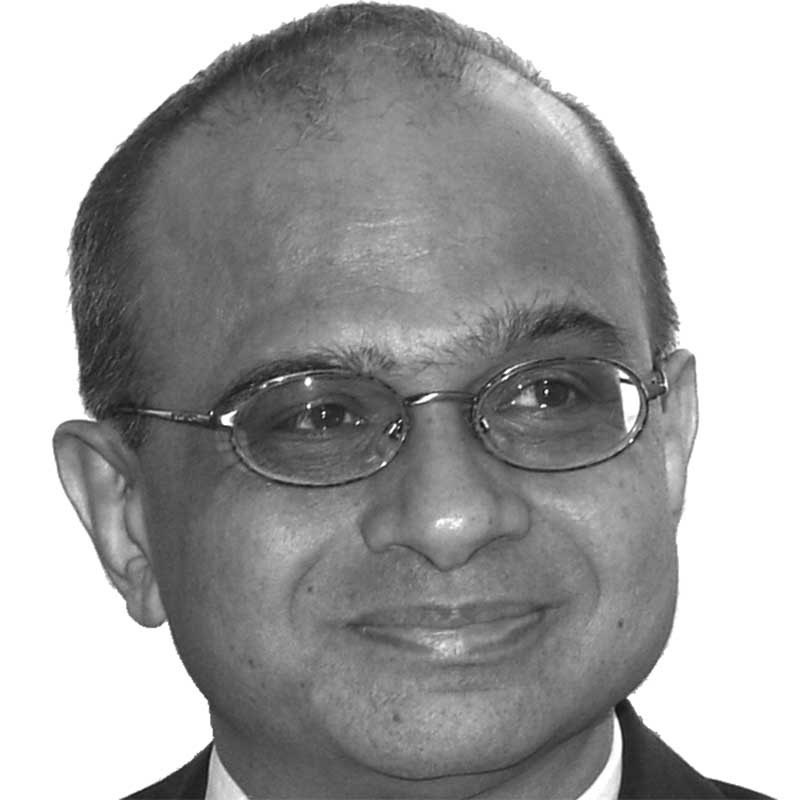
Brahma Chellaney
Brahma Chellaney, a longstanding contributor to The Japan Times, is a geostrategist and the author of "Asian Juggernaut" (Harper, 2010) and "Water: Asia’s New Battlefield" (Georgetown University Press, 2011), which won the 2012 Bernard Schwartz Award. He is professor of strategic studies at the Center for Policy Research, New Delhi.
May 2, 2008
Apr 9, 2008
Mar 27, 2008
Mar 14, 2008
Feb 20, 2008
Feb 4, 2008
Jan 3, 2008
Dec 26, 2007
Oct 13, 2007
Sep 27, 2007
Aug 16, 2007
Jul 19, 2007
Jun 26, 2007
Jun 7, 2007
Mar 1, 2007
Dec 14, 2006














